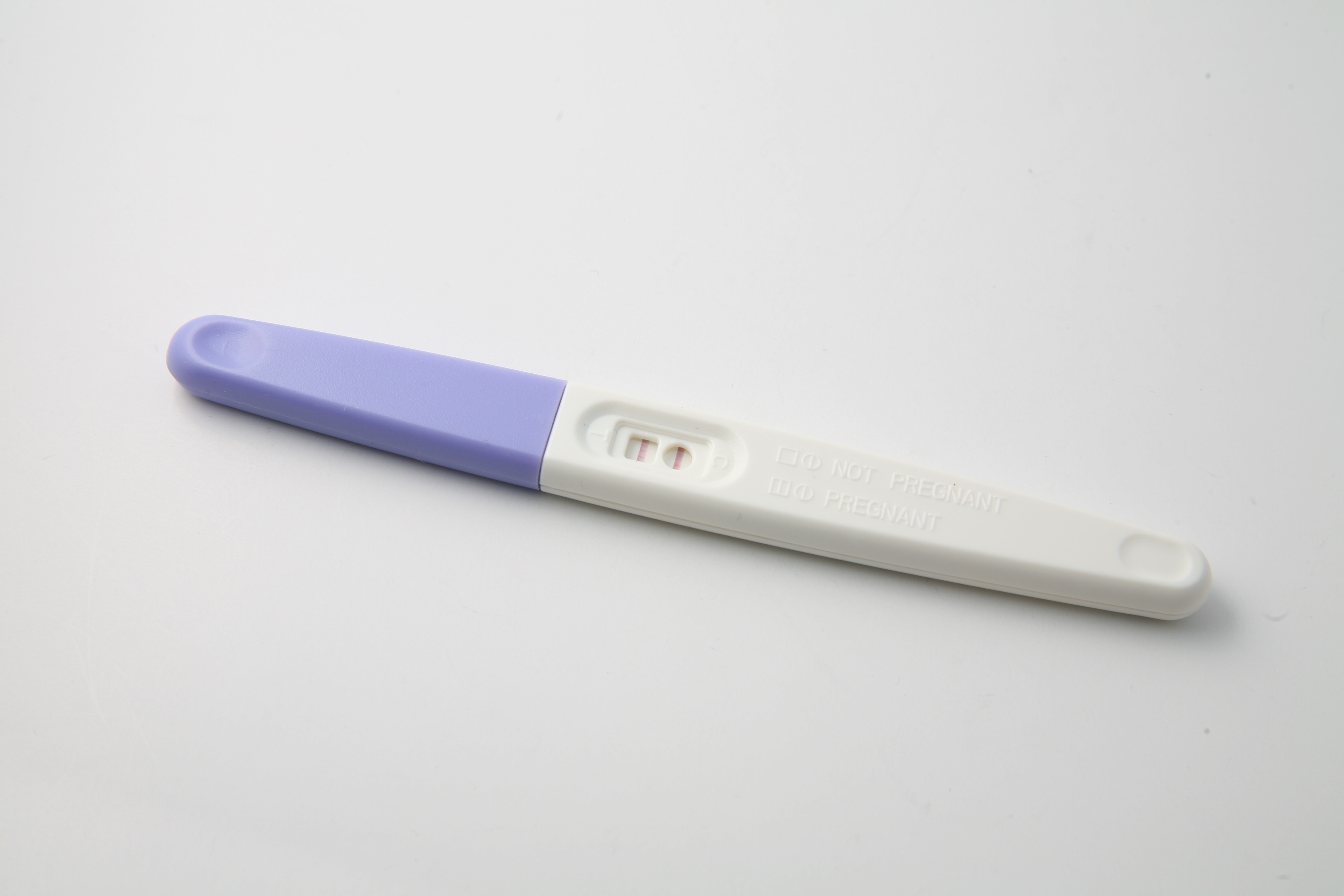Aggregated News

To all outward appearances, Louise Brown looked exactly the same as thousands of other babies when her blinking, slightly quizzical gaze met newspaper readers on the morning of July 27, 1978. But as the first child born using the technique of in-vitro fertilisation (IVF), she was utterly unique in the history of humankind.
Forty years later, the media is saturated with articles about people’s experiences of infertility. There is frequent debate about the possible dangers of current and future reproductive technologies. These include intracytoplasmic sperm injection (the direct injection of sperm into eggs obtained via IVF), uterus transplants, artificial wombs and human cloning.
And there is good reason for news outlets to be concerned about infertility. It remains an immediate and painful problem for many people today. In 2010, an estimated 48.5m couples worldwide were infertile. We will never know how many people suffered from infertility in past generations – the numbers were never counted – but there are fears that rates are now rising.
Today, declining fertility rates are often blamed on wider changes in...



